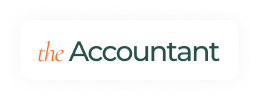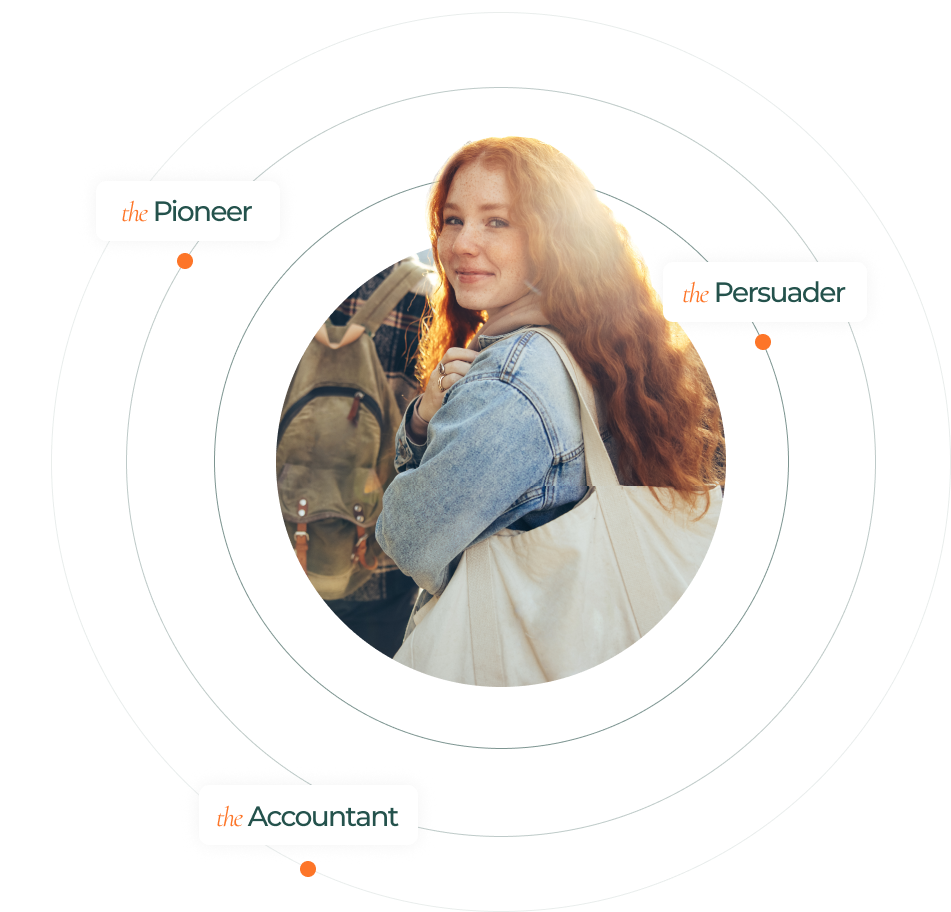iSAVANT ASSESSMENT
Deductive learning
Memory / Input
Perceptual Breadth
Picking up on more variables than others
Memory
Retention and retrieval
Perceptual Recontextualization
Assimilating new frameworks
Perceptual Continuity
Big picture awareness, nonlinear thinking

Deductive Learning Gone Wrong
Dark side of strength 1: Anxiety
Ignoring of unknown because of need to control environment.
Dark side of strength 2: Hubris/Laziness
Increased confidence about perception of the external world a person is conscious of, undermining ability to investigate one’s perceived knowledge base to check if it’s accurate/realistic.
Dark side of strength 3: Depression
Immobilized / failure to act and need to surround oneself with familiar to crowd out the unknown.
Dark side of strength 4: Self-Judgment
Greater awareness of socially acceptable norms and behaviors can make a person’s consciousness limited to that framework.
Inductive learning
Analysis / Output
Pattern Recognition
Processing, pattern identification
Organizational thinking
Linear thinking, executive function
Inventiveness
Tendency toward trial and error
Powers of Discrimination
Analytical faculties that allow for detecting subtle differences

Inductive Learning Gone Wrong
Dark side of strength 1: Mania / Hyperactivity
Seeing patterns where there are none (confabulating by filling in gaps in perception with one’s imagination).
Dark side of strength 2: Rigidity
Unable to accept new information if it doesn’t fit into pre-existing structures.
Dark side of strength 3: Imperceptive / Inconsiderate
Impervious to the external stimuli, the concerns of others, or any perceptual information that exists outside of pre-existing interests.
Dark side of strength 4: Egotism
Focuses on differentiating self and others. Struggles with seeing how details add up to the larger whole.
iSAVANT ASSESSMENT


About our iSavant Assessment
This test is designed to help you identify your inner genius–both independently and in a group. That means…
Knowing your natural gifts as a learner
Knowing your specific behavior patterns around learning when you’re in a stressful learning environment
Knowing what function you should serve on a team
Streamline’s philosophy of learning
This assessment is based on insights distilled from thousands of 1-on-1 tutoring hours carried out at Streamline Learning. Observing hundreds upon hundreds of students learning to take the SAT and ACT has shed light on a simple reality: people’s cognitive capacities have the potential to make people brilliant learners, but those same capabilities are just as likely to cause people to fall into defensive, unconscious ego-driven (uEgo) behavior patterns if they’re in an environment hostile to authentic learning. See below for an illustration of the process

Definitions
Stress
Stimulus from your environment that breaks with your unconscious expectation for reality.
Your Environment
Who and what’s around you around you and what’s inside of you.
Learning
Changing your unconscious orientation to better predict and navigate your relationship to your environment.
iSavant
The inner genius within you.
uEgo
Your unconscious behavior when stressed.
Learning vs. Surviving
State of Learning
Stress + You + Positive Learning Environment =
Inner Savant (iSavant) Unlocked/Vulnerability/Expansion
State of Surviving
Stress + You + Toxic Environment =
Unconscious Ego (uEgo) Unleashed/Protection/Contraction
Although learning and survival responses are reactions to stress (something our bodies and minds don’t expect), it’s important to understand that learning and survival involve two distinct cognitive processes. In fact, the sequence of cognitive processes involved in learning and survival are completely inverted! A healthy human brain uses each cognitive process at the right time: the survival process when there’s a threat and the deductive/inductive learning process when we feel safe. An unhealthy brain, on the other hand, will often get stuck in unconscious ego behavior patterns, or uEgo patterns, wherein learning opportunities feel like sources of chronic stress. See below to understand how your ability to learn changes based on the state of your external and internal environment.
iSAVANT ASSESSMENT
A reality outside of the brain’s consciousness is perceived
Great scientists, explorers, leaders, thinkers, and doers of the past have made invaluable contributions to humanity by embodying their highest potential as learners. Like people today, the greats were often gifted with a particular cognitive ability that made them especially adept at learning. Some possessed cognitive strengths that enhanced their deductive reasoning abilities, some possessed cognitive strengths that enhanced their inductive reasoning abilities, and some possessed abilities that enhanced the integration of both.
Relationship to environment
Perceived abundance (externally and internally) and feelings of affirmation/purpose/connection
Orientation to environment
Vulnerability and openness to objective realities outside of their knowledge base.

Relationship to environment
Perceived scarcity (both externally and internally) and tension between expectation and reality.
Orientation to environment
Defensive and closed off from objective realities. Overly concerned with social realities and predisposed to imposing a narrative on the outside world.

Understanding Your iSavant Type
Our assessment identifies iSavant (inner savant) types based on your two primary cognitive strengths. Each iSavant type embodies a cognitive process vital to learning as an individual as well as a function critical to learning in a group setting. So whether you’re learning on a team or by yourself, this assessment can serve as a blueprint to what innate talents you can leverage to reach your potential as a learner.
Visionary
Perception / Memory
- Unusual capacity for foresight
- Generally aware of realities that conventional wisdom overlook.
- Open-minded and endowed with an ability to know without the need for analytical thinking
Accountant
Analysis / Memory
- Deep awareness of what details from the past are relevant to the present.
- Innate capacity to distinguish correlation from causation
- Incredible capacity to store data from the outside world
Persuader
- Strong ability to reframe others’ perception of reality through communication
- Ability to translate non-linear thinking to linear thinking to communicate overlooked realities.
- Inspirational catalysts for change
Integrator
- Excellent awareness of others’ needs
- Natural instigators of effective collaboration
- Affinity for order, organization, and commitment
Pioneer
- Free-thinking, adventurous and highly adaptable
- Willing to undergo challenges in seeking out new experiences
- Incredible capacity to solve problems on the fly
Investigator
- Innate capacity to decipher subtle details
- Meticulous and methodical approach to the outside world
- Motivated by a deep need to understand
iSAVANT ASSESSMENT

